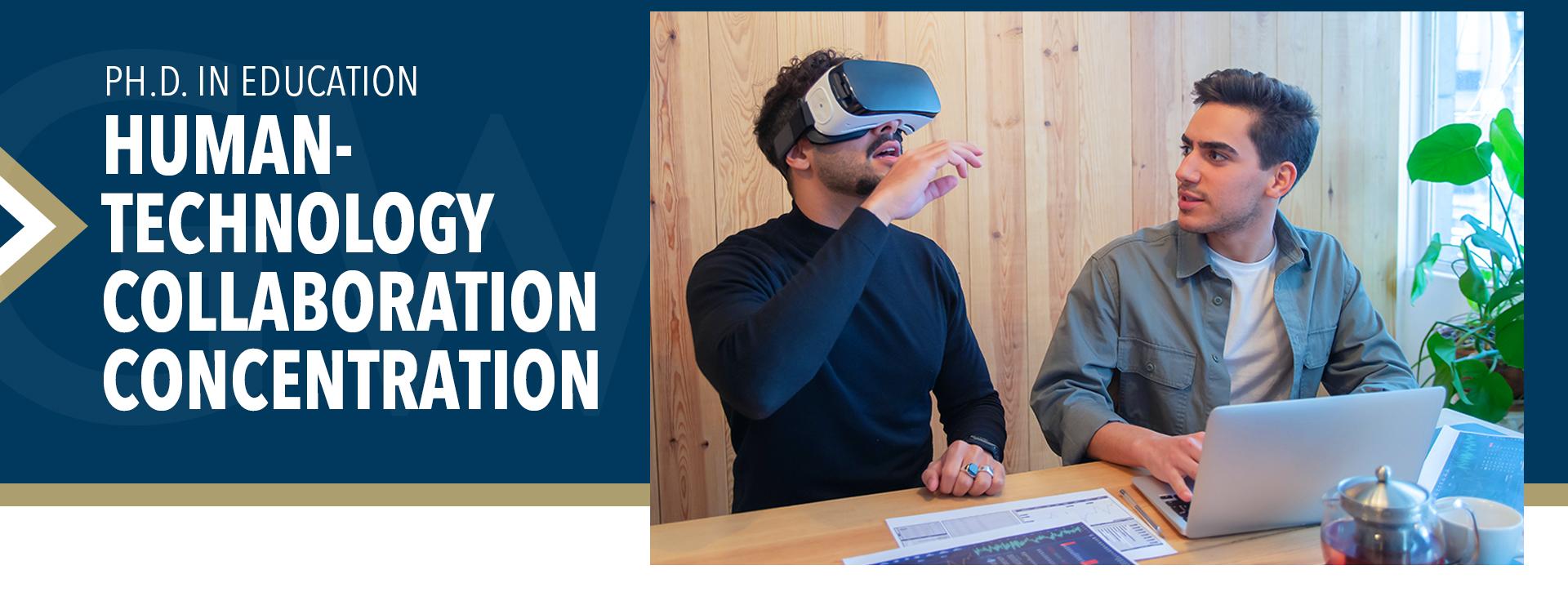Graduate tuition is charged per credit hour, unless otherwise noted. Rates vary by program and location.
The tuition rate for the PhD in Education - Human and Organizational Learning Concentration program is $1,960 per credit hour.
This program requires 60 credits.
Please note: Additional fees may apply for international students, late fees, etc. Current tuition rates may be updated during the year.
*Summer 2025, Fall 2025 and Spring 2026
View the current fee chart
Scholarships are available to eligible admitted students. Review eligibility requirements and learn more about funding your education >














